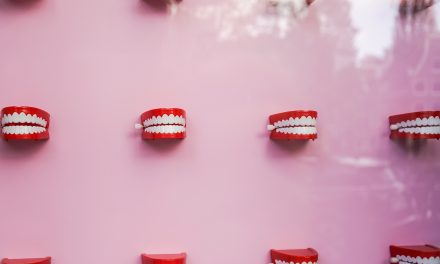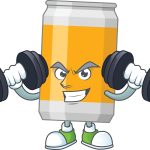Small nutritional bites can have a health big impact
Concentration is like a muscle that needs regular exercise to reach its full potential. Some children naturally find it easier to focus than others, and when difficulties with attention are more severe, it may be due to Attention Deficit Hyperactivity Disorder (ADHD), one of the most common mental health conditions affecting children.
Quick Read:
- Be alert to sugar overload. Try not to give your child excessive sugary drinks and processed snacks as these can make symptoms worse.
- Omega-3s from fish, flaxseeds, or walnuts may improve concentration and brain function.
- Some children are sensitive to food dyes, preservatives, and flavour enhancers. Reading food labels will help you make better nutritional choices.
What is ADHD?
Children, by nature, have minimal attention spans. Their focus bounces around and can be inconsistent. With ADHD, this characteristic becomes even more challenging.
Children with ADHD often experience intense emotions, behavioural challenges, and low self-esteem. These struggles can make it tricky for them to regulate their feelings, focus, and build confidence, especially when everyday tasks feel overwhelming. Without the right support, these difficulties can affect their motivation, learning, and long-term wellbeing.
While there’s no single solution, one powerful yet often overlooked tool is nutrition. The foods children eat can influence energy levels, mood, and concentration, making diet a vital element in managing ADHD symptoms and supporting your child’s growth.
Good nutrition to manage ADHD symptoms in children
Food allergies, nutritional deficiencies and fluctuating blood glucose levels may all play a role in ADHD, so it’s important to pay attention to what your children eat. Certain “brain foods” may help boost a child’s brain growth and improve brain function, memory and concentration.
Kick these culprits to the curb:
- Margarine and shortening, found in cakes and biscuits. Start reading food labels and watch out for hydrogenated and partially hydrogenated vegetable oils. These are not good for children.
- Salt (processed foods, snack foods and takeaways are high in salt).
- MSG (mono sodium glutamate), which is found in many flavoured chips, steak or chicken spices and processed foods.
- Sugar, which lurks in cereals, canned foods and flavoured yoghurt, as well as sweets, biscuits and cakes.
- White bread and rolls.
- Do your best to avoid food additives, colourants and artificial sweeteners like aspartame.

3 good concentration foods
- Eggs. The protein and nutrients in eggs help kids concentrate. Eggs contain choline, a vitamin that assists with the creation of memory cells within the brain. You’ll find most of the choline in the yolk of an egg. Eggs are also good sources of protein, iron, folate and Vitamin A. Your child needs these nutrients for cell development.
- Fish is a helpful source of Vitamin D which can assist in protecting the brain from declining mental skills and memory loss. It is excellent brain food for developing children. Oily fish is packed with Omega-3. These are fatty acids which are known as the “building blocks” of cell development. The more Omega-3s we can get to the brain, the better it will function and the better kids will be able to focus. Get these brain helpers in portions of fish cakes. Grill the fish and offer your child a sauce for dipping, add fish to tacos, or make tuna sandwiches.
- Wholegrain toast makes a nice brain breakfast for children. It’s rich in fibre, digests slowly which means a steady stream of energy, and is a great source of protein. Wholegrain contains glucose, energy and B-vitamins to fuel the brain and has been known to improve short-term memory and attention span.
Images: Unsplash



















